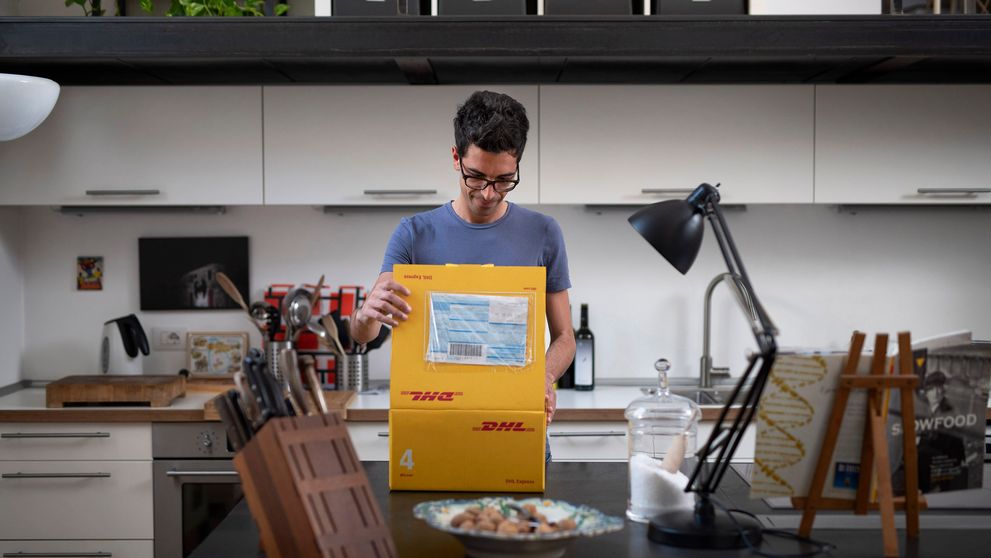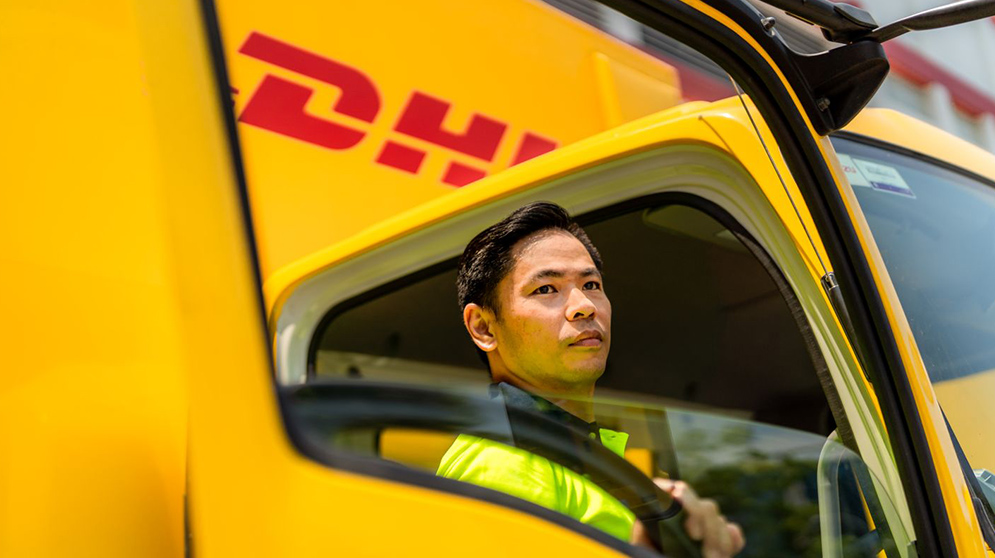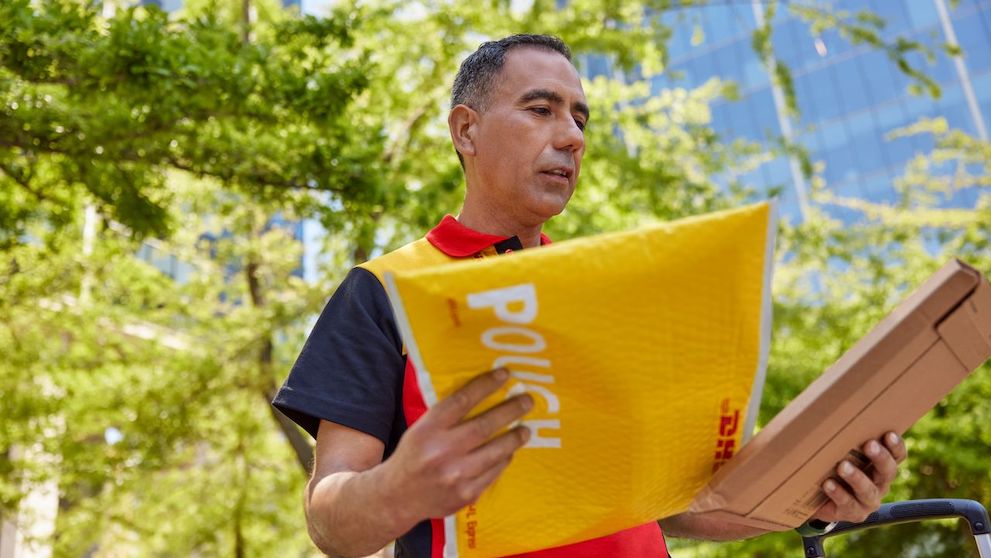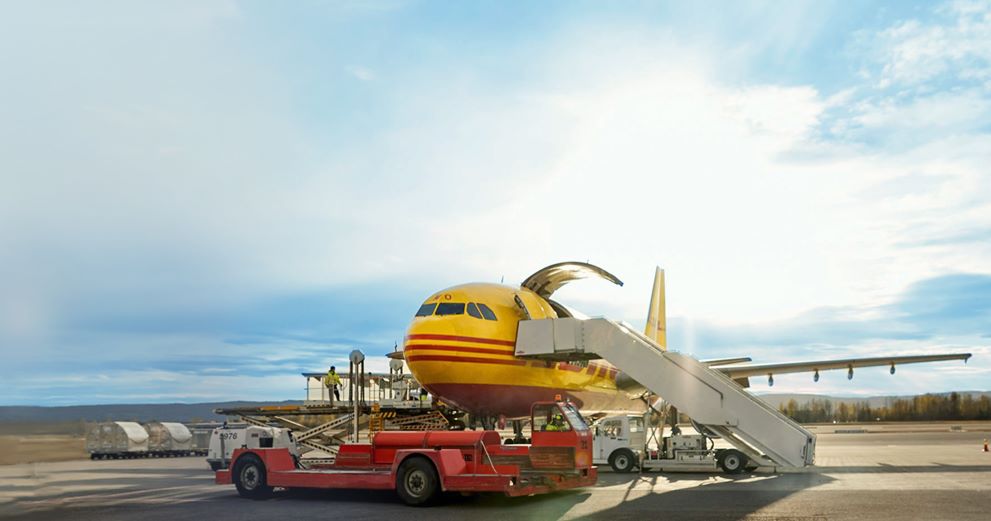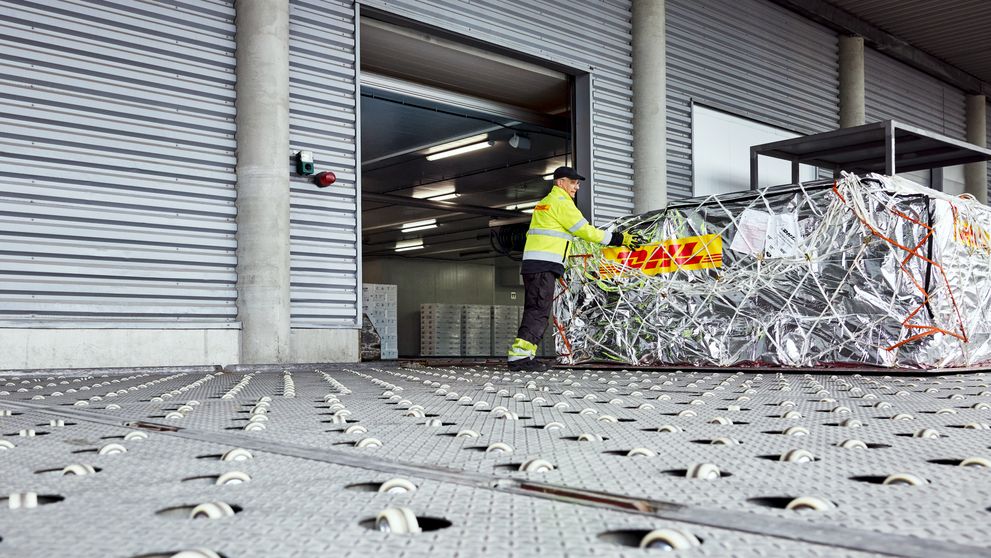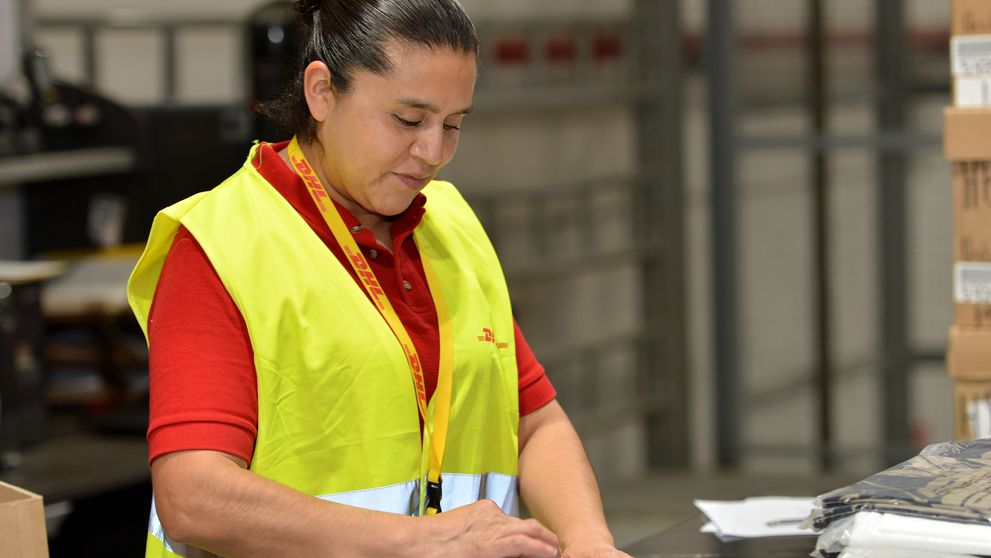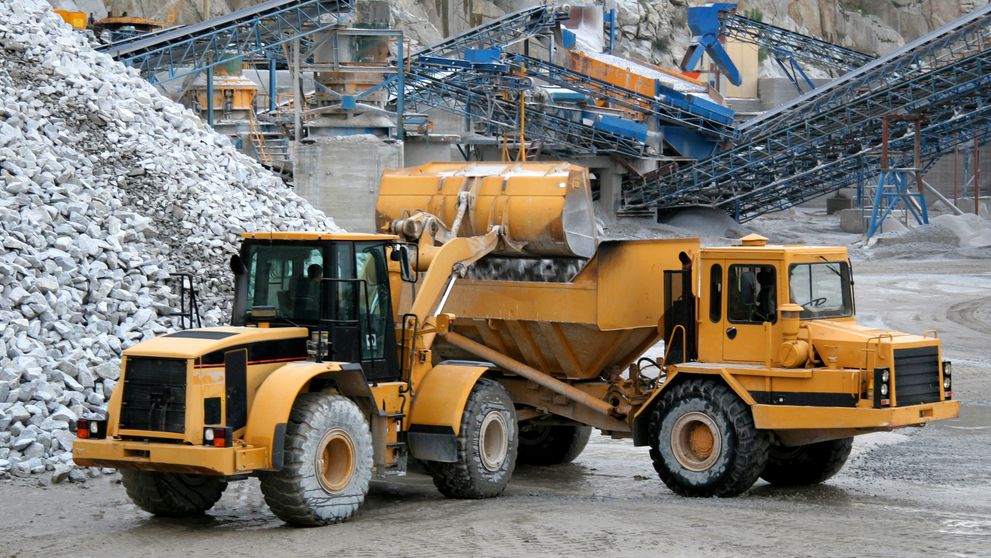In today's globalised world, international shipping has become a common practice for both businesses and individuals in Vietnam. As a matter of fact, Vietnam witnessed a significant increase in its two-way trade, reaching over US$54 billion in May 2023, Vietnam Customs revealed. With goods like computers, electrical products, spare parts, and components making up the main bulk of the exports worth approximately US$11.2 billion, businesses in Vietnam are clearly expanding their reach all over the globe.
And being home to a population of about 97 million, there is no doubt that the rapid population growth and emerging middle class have acted as catalysts for individuals having had their fair share of shipping internationally too.
Whether expanding your business or sending packages to loved ones, a smooth customs clearance process is essential for timely and hassle-free delivery. This makes understanding the customs clearance procedures, familiarising yourself with the requirements and taking the necessary steps vital in ensuring seamless processing.
So, how can you achieve a seamless customs clearance experience and make sure your shipments reach their overseas destination market without hassle?
Why is customs clearance required in international shipping?
It is a given that all goods shipped internationally must pass through customs before they are allowed to enter or exit a country. But at its core, customs clearance is necessary to ensure the security of borders, protect the economy, and enforce trade regulations. To better understand this prerequisite, there are two core components to look at — the role of customs and the customs authorities, as well as the customs process.
The customs clearance process follows a trajectory from the country of origin to the destination country, spanning the entire journey of goods. It also provides an opportunity to assess the contents of the package and determine the applicable duties and taxes that may be due.
And throughout this process, customs serves as the governing body at the national level. It is responsible not only for the collection of customs duties and taxes but also for their safeguarding, thereby preserving the financial interests of the country.
When shipping goods to another country, customs authorities in the destination country carefully perform various regulatory controls. This process of inspecting inbound packages and mail is done to ensure compliance with the country's laws, regulations, and policies. As mentioned, this spectrum of regulatory checks is also aimed at preserving a nation's prosperity, security, and the well-being of its citizens and businesses. Moreover, it also is the customs authorities who wield the legislative mandate to enforce rules governing imports and exports, while simultaneously holding the power to set import and export fiscal charges based on the unique attributes of each shipment. This regulatory framework ensures adherence to trade protocols and promotes the smooth flow of cross-border commerce.
Why is customs compliance important?
Customs compliance involves adhering to the laws, regulations, and procedures set by national governments and multinational authorities for exporting and importing goods. This includes doing everything from fulfilling documentation requirements to paying the appropriate taxes and duties. This meticulous management of customs duties and taxes stands as a pivotal factor in regulating the movement of goods across borders and ensuring smooth trade interactions between countries.
The purpose of following through on the aforementioned is not merely to encourage the proper import, export, and processing of goods. It also helps prevent the entry of illegal or unsafe products, promotes fair trade practices, and safeguards the interests of both the sender and receiver nations. How so?
By upholding customs compliance, goods are documented accurately, taxes and duties are paid correctly, and the risks of smuggling and illegal imports are mitigated. Moreover, customs compliance helps ensure that goods are not subjected to unfair trade practices, such as dumping or price fixing.
Best ways to fast track your customs clearance progress
What can you do to navigate the customs clearance process time-efficiently and ensure a seamless experience? Consider the following:
1. Beware of prohibited and restricted items
Compliance with customs regulations and requirements is essential to avoid one of the top non-compliance risks: dealing with prohibited and restricted items.
Customs authorities strictly enforce regulations pertaining to prohibited goods, and failing to comply can lead to significant delays or even the seizure of the goods. Each country boasts distinctive regulations concerning the acceptance of unsafe commodities, items under restriction, or those strictly prohibited. For example, when shipping to the U.S, some of the prohibited goods for import include explosives and weapons, lithium metal batteries, clinical and/or biological samples, electronic cigarettes, and more.
Another critical aspect of compliance is avoiding the importation of counterfeit and pirated products. This is because counterfeit goods not only infringe upon the intellectual property rights of the owners, but they can also pose risks to public health and safety. For instance, fake pharmaceuticals may contain unapproved substances that can be harmful. To prevent customs delays, consider obtaining additional documentation to demonstrate that your products are sourced from the rightful trademark owners and do not violate intellectual property rights.
2. Know what documents are required for customs clearance
When it comes to customs clearance, having the right documentation is crucial. This is because every country has different paperwork requirements for international shipping and clearance, and it's important to be aware of these specific requirements.
Generally, key customs clearance documents include the air waybill, commercial invoice, destination-specific documents (licences, permits, certificates, and the like) and customs declaration.
Firstly, the air waybill (AWB) serves as a pivotal instrument in global shipping. It encompasses vital directives and specifics indispensable for safe transportation. Beyond its logistical role, the AWB substantiates ownership of dispatched items, offering insights into both the originator and receiver.
Typically affixed externally, this document facilitates customs inspections by providing easy access to crucial shipment particulars. Some of this information includes the shipper’s and receiver’s address and contact information, along with shipping details (including the weight, dimensions and a description of the contents). By meticulously completing your AWB, you play an active role in guaranteeing the effortless progression of your consignment across borders.
On the other hand, the commercial invoice enables customs officials to assess whether the goods can be imported or exported and helps determine any necessary controls. Additionally, it aids in the calculation of duties and taxes associated with the shipment.
Do note, however, that there are two distinct types of invoices that are necessary for customs clearance: Commercial and Proforma. And your choice of invoice hinges on the shipment's purpose and the regulations of the countries engaged.
Commercial invoices are primarily employed for items shipped in commercial transactions (between the goods' buyer and seller). On the other hand, the proforma invoice is usually utilised when shipped items haven't been bought and aren't meant for resale, such as personal goods, gifts, or return shipments. Using a proforma invoice is contingent on the regulations of the countries involved, ensuring compliance and seamless customs clearance.
In terms of specific documents required, shipping to Japan, for example, will require the standard aforementioned shipping documents, as well as other import requirements and documentation. These include a Japanese import licence for specific items, such as hazardous materials, animals, plants, perishables, high-value articles, and import quota items. The import licence is typically valid for four months from the date of issuance, ensuring compliance with Japanese customs regulations.
Properly furnishing your shipment with accurate and complete documentation can help facilitate a smooth customs clearance process and avoid any unnecessary delays.
3. Provide accurate and complete details of your goods
Properly classifying and declaring goods is also important for smooth customs clearance. This involves indicating the correct Harmonised System (HS) codes for easy identification of items and accurately declaring the value of the goods you are shipping out of Vietnam.
Established and maintained by the World Customs Organisation (WCO), the HS code categorises commodities and provides a universally recognised identification for each product, facilitating the clearance of shipments. How is that possible? By assigning an HS code to each item, customs officials can easily classify and process goods, ensuring smooth and efficient customs procedures.
Next, be sure to accurately declare the value of your shipped products. There are several reasons why accurate value declaration is essential. Firstly, by declaring the actual value of goods, you’ll only have to pay taxes based on the right value, avoiding the risk of paying too much. Secondly, proper declarations can ensure speedy customs clearance, preventing delays. Lastly, correct value declarations can prevent having to deal with fines and penalties due to underpayment.
4. Provide your shipment details electronically
Another essential aspect of customs clearance is the accuracy and swiftness with which information is exchanged. To expedite this crucial step, embracing electronic submission of your shipment details emerges as a game-changing strategy. By transitioning from traditional paper-based methods to digital submission, you open doors to a long list of advantages. But how so?
For one, your shipments are poised to benefit from enhanced service quality and expedited lead-time performance. This is because the cumbersome manual re-entry of data, often associated with printed or scanned paper documents, will become a thing of the past. Instead, opting to provide shipment details to your international express delivery partner via their online shipping tools allows such data to be transmitted to global customs authorities, thereby initiating the clearance procedure promptly and seamlessly.
Furthermore, this modern approach minimises the risk of errors or missing information, ensuring complete and accurate customs processing and compliance. It can also help expedite risk assessments through better identification of dangerous goods.





